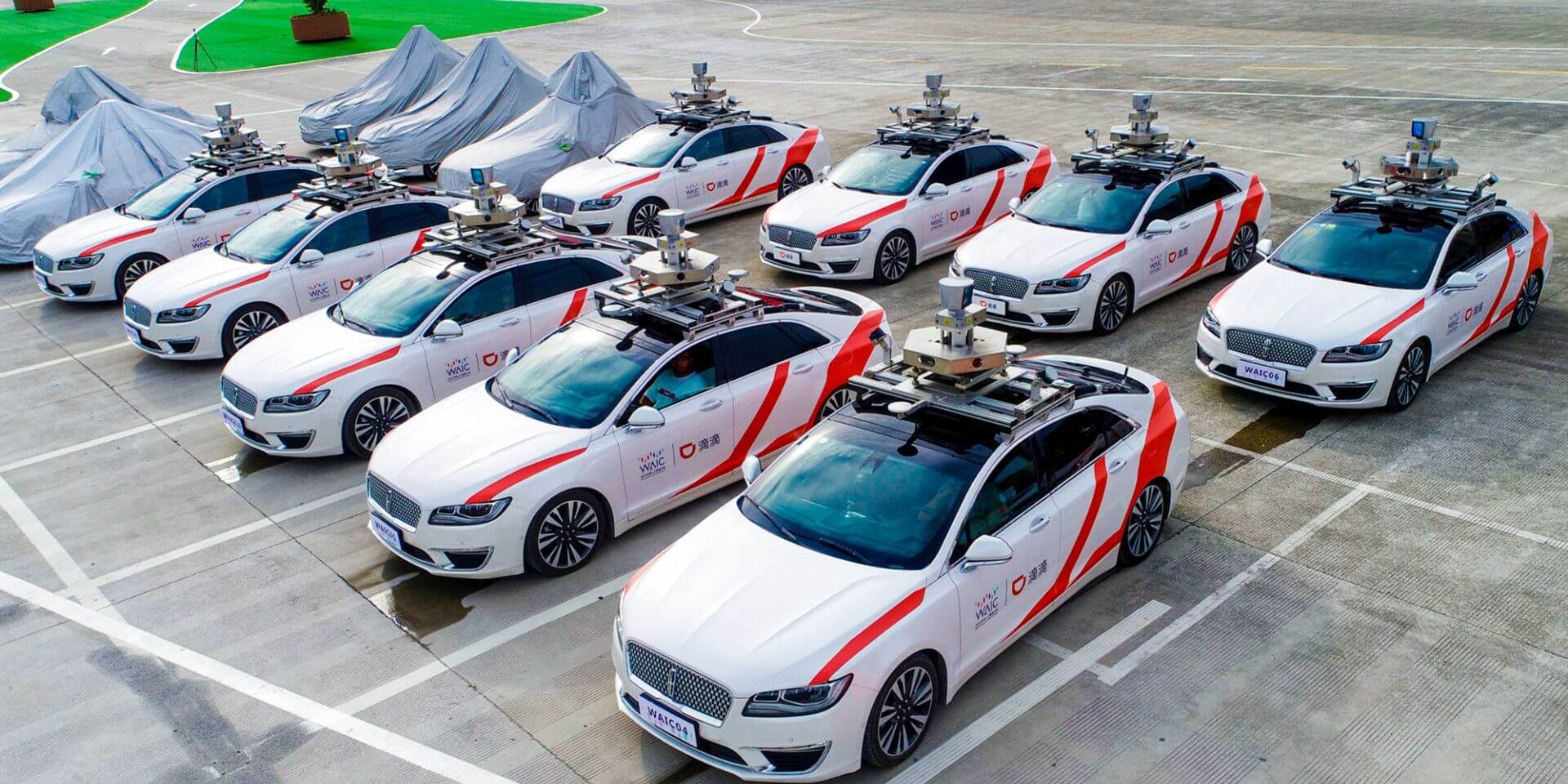Why it matters: China's Uber equivalent has announced plans to launch a self-driving fleet in Shanghai where users in the Jiading district will be able to hail a robo-taxi through the Didi app. The company's pilot program will employ both autonomous vehicles as well as human drivers and will eventually expand beyond China.
China's ride-hailing giant Didi Chuxing is rolling out its fleet of robo-taxis in Shanghai later this year. The company made the announcement at the World Artificial Intelligence Conference, where CTO Zhang Bo explained that people who hail a vehicle through Didi's app will be able to choose to be picked up by a self-driving car.
It's worth noting the cars will still have a human driver on board throughout the pilot program. The rides will be free, and customers will have 30 different car models to choose from, which are all equipped with so-called "level four autonomous driving capabilities".
Didi's autonomous driving team was created in 2016 and currently employs 200 engineers in China and the United States that have worked in the development and testing of the new cars. Starting this month, the division has become an independent company that works in multiple areas of interest such as HD mapping, smart infrastructure, security and connected cars.
The new program will expand to Beijing and Shanghai in the coming months, and the company is scrambling to obtain the necessary licenses to operate outside of China by 2021.
Uber tried to penetrate the Chinese ride-hailing market but ultimately failed and, as a result, its local business arm was acquired by Didi in 2016. The latter holds the dominant position in Asia, and has a number of high profile investments pouring in from the likes of Apple and Volkswagen AG who both committed $1 billion. Couple that with a strategic partnership with Toyota, and Didi has a winning recipe to fuel its ambitions of establishing a ride-hailing force with a global presence.
Meanwhile, the race for smart fleets is getting heated with tech giants like Baidu and Waymo, and automakers like Tesla are also interested in building their own. Traditional car companies like Volkswagen and Ford have previously shied away from this, but now they're trying to get their hands on every relevant startup that is developing self-driving cars, with Argo AI being a notable example.
